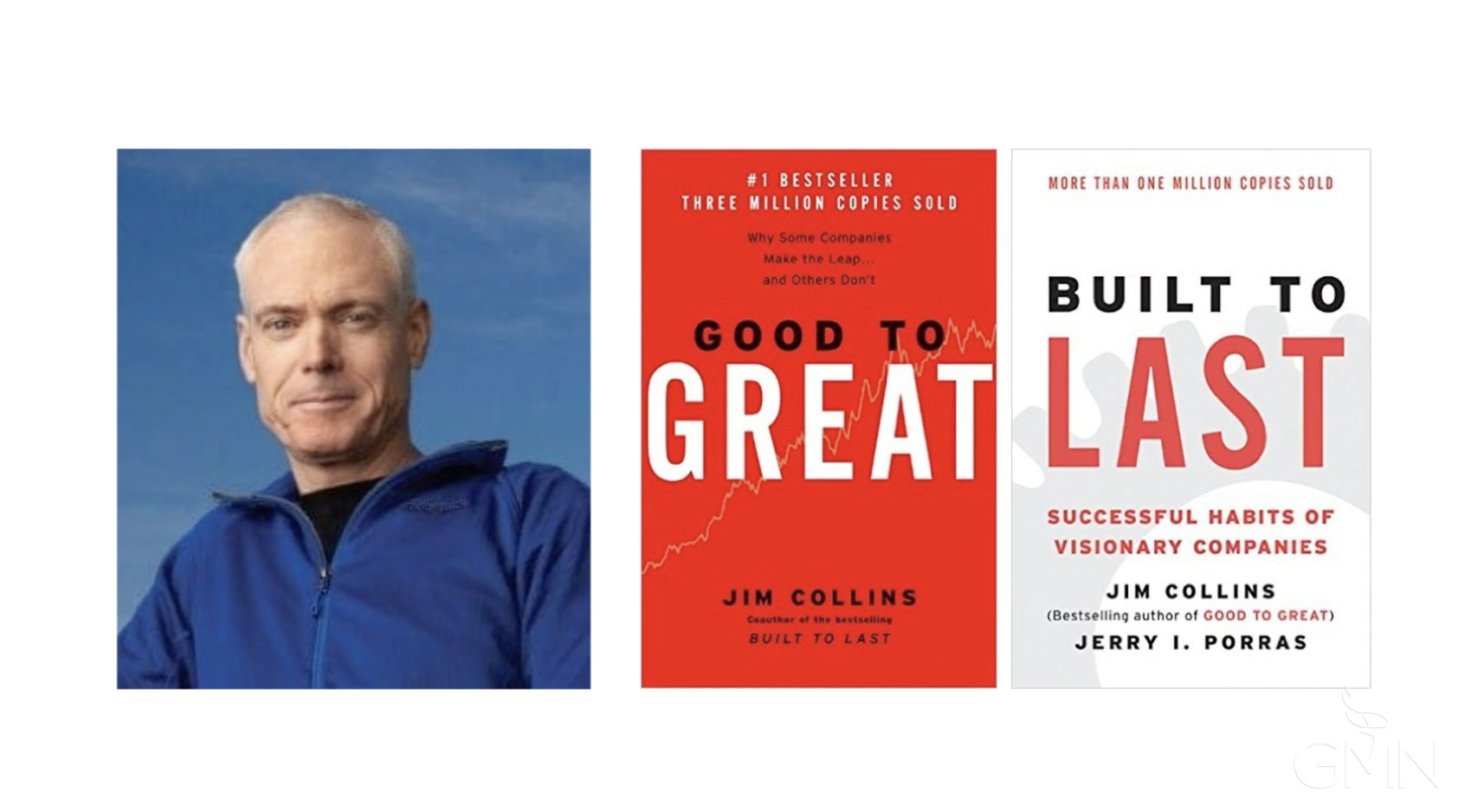Summary:
Chris reflects on his own leadership style, and the evolution of it over the course of founding three companies.
Thuy
How would you describe your communication style as a leader, and did that evolve over time throughout the length of your three various companies?

Chris Larsen
Yeah, I think it did. So, when I was in business school at Stanford, we had this amazing profession Jim Collins who's no longer there but he's become a really well-known author of Good to Great and Built to Last, which I think are always, like, the bibles of business, right? So, I kind of very much took on that kind of philosophy, that In Love & War book I described, that's kind of from him, right? He is very much about building a clock, don't tell the time, so building kind of endearing cultures, core values being absolutely the most important and kind of overriding everything else. Everything has to come from your core values, and it's that combination of being pretty tough, right? Who are the people that you want on the bus and making sure that if the right people aren't on the bus, you get them off the bus, right? Which again is the brutal facts, right? But also that a great team is a team that just loves what they're doing, they love the people they're working with. So, just trying to be like that, I think trying to be straightforward as much as you can, not having people pitted against each other, not undermining, there's lots of ways CEOs and founders can undermine people on their teams. When I was growing up and also kind of as we were doing these businesses, I always loved to read books about war and struggle, and I'd recommend that, right, because you read stories like that, it's like, well, this business stuff is nothing. I don't care how stressed I am, I don't care if maybe I can't make payroll next week, and we'll just go through, which is incredibly stressful, those first years, you don't sleep at all, it's horrible. But yes, you get used to that, and I think trying to get inspired by things like that bring that kind of mentality of us against the world, we're in this tough situation but we're going to make it. People like that, right? And then when you get through, it's so satisfying, right?
Thuy
And it gives you context, right? You're talking about the war stories you used to read, yeah, stressful times, you're not losing life and limb.

Chris Larsen
That's right.
Thuy
You can't compare, it is stressful but it's not like life or death.

Chris Larsen
That's right. What's the worst that can happen, and in Silicon Valley, I mean, failure is actually a badge of honor. It's actually kind of what makes this place special, that's much different in Europe, for example. It's even different on the east coast, right? But in the valley, yeah, failing probably makes you more valuable to your next investor, right? So, there really is nothing to fear about failing and trying, and you should completely go for it.
Related Posts

You Can’t Please Everyone
Vy Tran learned a tough lesson as a first-time manager – you can’t please everyone. Having to “drive accountability” while also being a self-described “people pleaser” required Vy to dig deep and re-think how she communicates with her team.

Failing Forward
Failing forward is an essential skill not just at work but in life. For Vy Tran, learning from her mistakes has made her a more effective and influential leader.

